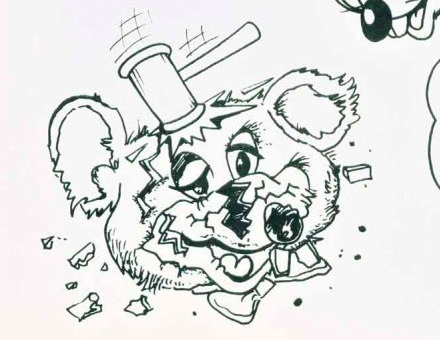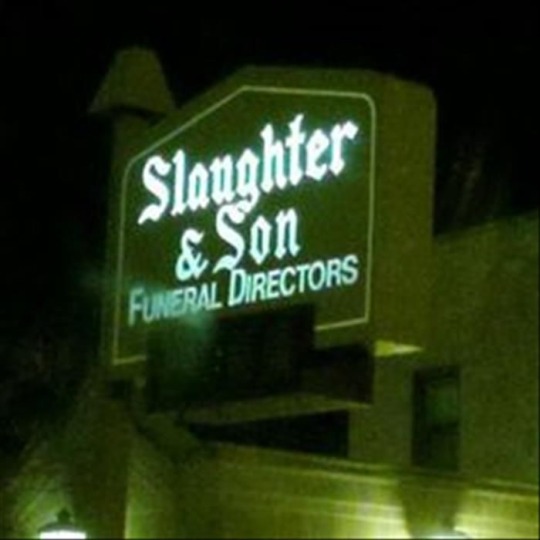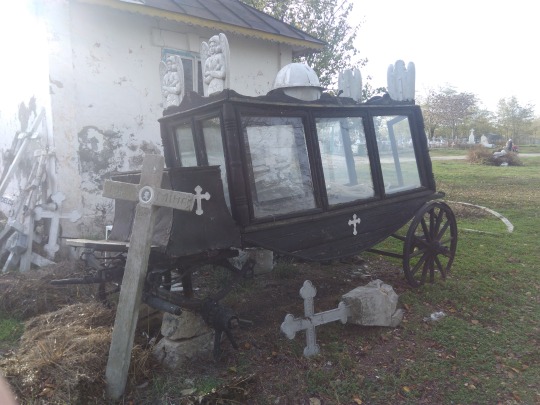Text

I don't go to your grave. They ask me to, and I say no, because you aren't there. You don't exist anymore, and no matter how much I weep or yell or fight, you aren't coming back. You'll never come back, and I don't know how to make peace with that.
-my poem
2K notes
·
View notes
Photo










From Stardust to Stardust
To be continued
Prints and tattoos are available in my shop :) https://www.etsy.com/listing/714985107/ https://www.etsy.com/listing/715007189
2K notes
·
View notes
Text
SECONDARY BURIAL IN THE RAT’S PRIESTHOOD: WHY WAS CHUCKY CHEESE’S EFFIGY DESTROYED?
Cheese temples are an abundant, frequently excavated type of Neolithic archaeological site. The rat’s priesthood was clearly far reaching and embraced by millions of devotees (as a protector of children, gamblers, and harvests), and yet effigies of the rat himself are surprisingly rare— whether in the form of priest’s anthropomorphic costumes, or automatons. Recent findings, such as the unrecognizably dismantled automaton in Fig. 1, and a rare depiction of the destruction process in Fig. 2, have indicated that Chucky Cheese’s effigies were almost universally deliberately destroyed.

Fig. 1
While human remains and burial grounds are not typically discovered within or nearby excavated cheese temples, the ritualized destruction of Chucky Cheese’s effigies closely mirrors burial practices in which the skull is broken.

Fig. 2
In the authors’ opinions, this may indicate that the rat’s priesthood symbolically continued to bury their god as they once buried men.
Keep reading
5K notes
·
View notes
Photo

The other object is a flake of limestone (known as an ostracon), from western Thebes, probably of New Kingdom date and donated by Sir Alan Gardiner. It bears a unique ink sketch: a scene of a funeral. The sketch shows a tomb shaft – of the type known from Deir el-Medina – with a group of female mourners gathered around it. Within the shaft a man is seen descending, and within the chambers of the tomb itself the burial party carry a coffin into place. A striking detail is that one of the party has a jackal head. Given the informal medium, the sketch is likely to show the burial as it happened, albeit in schematic fashion. The implication is that one of the party is wearing a jackal-headed mask. A famous example in Hildesheim may represent such a mask, used for the impersonation of Anubis, the god of mummification. - Manchester Museum ○
334 notes
·
View notes
Photo

Illustration from ‘The Adventures of Pinocchio’ (1991) - by artist, Roberto Innocenti. Pinocchio was created as a wooden puppet but he dreams of becoming a real boy.
1K notes
·
View notes
Photo

I Felt a Funeral in My Brain by Boris Groh
Cover for Lost Symphony Music. Chapter I, I Felt a Funeral in My Brain
2K notes
·
View notes
Text





Ovid, Sappho to Phaon // T.S. Eliot, The Waste Land // Jane Austen, Pride and Prejudice // Catullus 51 // Jane Austen, Emma
49 notes
·
View notes
Photo

Paa Joe in ‘The Coffins of Paa Joe and the Pursuit of Happiness’ at Jack Shainman Gallery
Paa Joe’s fantasy coffins, which can take the shape of a giant coke bottle, lion and more, could make anyone glad to be buried. His untitled rendition of a fort in Ghana is more (appropriately) serious, depicting a 17th century Dutch slave trade outpost. It is one of a series commissioned by late collector and Jack Shainman Gallery co-founder Claude Simard, currently featured at the gallery’s 24th Street and Kinderhook, NY locations. (On view in Chelsea through Aug 25th). Paa Joe, Untitled, wood and enamel, 43 x 87 x 60 inches, 2004-05
1 note
·
View note
Quote
that corpse you planted last year in your garden, has it begun to sprout? will it bloom this year? or has the sudden frost disturbed its bed?
T.S. Eliot, The Waste Land (via liquidlightandrunningtrees)
109 notes
·
View notes















